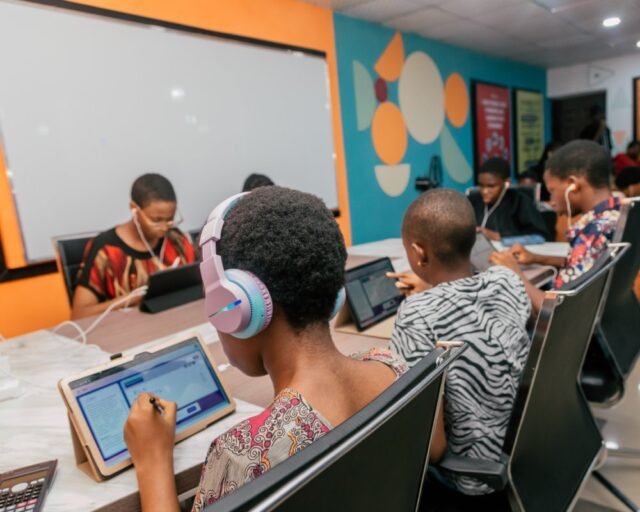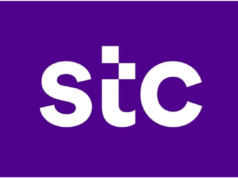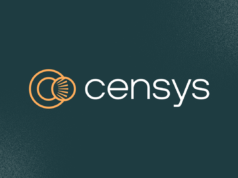Nigeria stands at a pivotal crossroads. With a vast youth population, a steadily rising tech ecosystem and a digital-native generation, the country is uniquely placed to drive what could be described as an “AI education revolution” across the African continent. As the world accelerates into an era where artificial intelligence (AI) reshapes learning, skills and opportunity, Nigeria has both the interest and the imperative to be at the front of the pack.
The urgency is clear: if Africa is to avoid being a passive onlooker to the global AI transformation, then its largest nation must step up. The argument is simple yet compelling: by integrating AI meaningfully into its educational architecture – from primary schools to tertiary institutions, and into teacher training and lifelong learning – Nigeria can not only raise the bar domestically, but also set an example across the region.
At the heart of this challenge is a shift in mindset. Gone are the days when education simply meant mastery of facts and recitation of knowledge. In the AI age, the most valuable asset becomes how students learn, how they think, and who they become – rather than just what they know. A prominent voice in this discussion is Ibrahim Adeyanju, CEO of Galaxy Backbone Limited, who emphasises that Nigeria must move “from knowledge-based education to skills-based, fostering lifelong learning and continuous adaptation.”
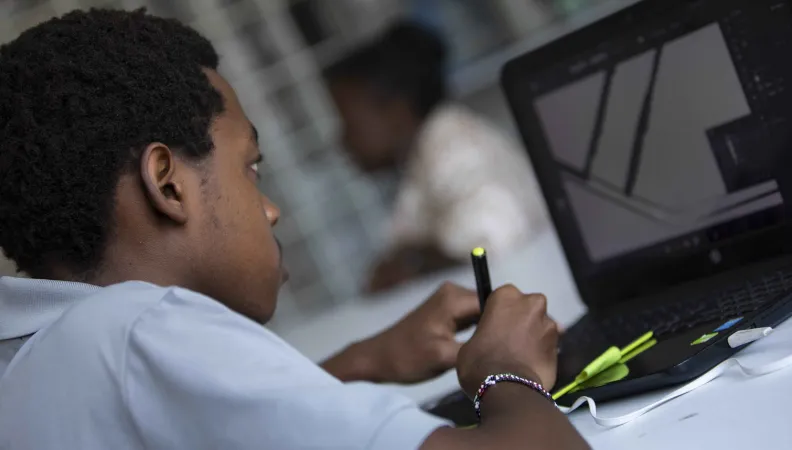
Table of Contents
What Nigeria Must Get Right: Key Building Blocks
To make this revolution real – and to lead it across Africa – Nigeria will need to attend to several interlinked areas.
1. Re-engineering curriculum and teacher roles
The first step is transforming the educational model. The traditional teacher-as-lecturer must evolve into a facilitator of inquiry, a mentor who supports students to ask questions, challenge assumptions and pick apart AI-generated answers. As Adeyanju explains: “The teacher’s role evolves from a dispenser of knowledge to a coach on the side… guiding students in critical thinking, projects and ethical reasoning.” Curriculum must shift to emphasise human attributes—problem-formulation, creativity, ethical judgement, lifelong learning—areas where machines cannot fully replicate human capability.
Simultaneously, teachers need training and re-training so they can confidently leverage AI tools, understand their biases, and guide students accordingly. A recent study found that many Nigerian teachers feel under-prepared to mediate AI in the science classroom, despite being keen to do so.
2. Infrastructure, connectivity and access
Even the best curriculum will falter without the digital infrastructure to support AI-enabled learning. Close to half of Nigeria’s population resides in rural areas; many schools lack reliable electricity, internet connectivity or modern devices. According to the draft of the national AI in schools strategy, the infrastructure gap remains a barrier to wide-scale deployment.
Moreover, leading global actors recognise this challenge. For example, Google LLC has invested over US$1 billion in African connectivity, underscoring how foundational network access is to any AI-enabled learning future. For Nigeria to lead, the government and private sector must collaborate aggressively to ensure all regions – urban, peri-urban and rural – are linked and equipped.
3. Inclusive, contextualised AI education ecosystem
Africa’s talent pool for AI is growing, but fragmented. A comprehensive ecosystem is needed: government leadership, industry partnerships, academic innovation, and civil-society participation. A study on AI leadership capacity in Africa noted the need for mentorship, structured training and industry-academia interfaces. Nigeria can lead by developing inclusive frameworks—especially targeting young women, marginalised populations and rural communities—to ensure no one is left behind in the AI education sweep.
4. From local to continental scale: exporting the model
Nigeria’s ambition should extend beyond its borders. If it builds a robust AI-education model at home, it can serve as a blueprint for other African nations. This means investing in digital public goods, open-source curriculum, teacher-training materials and cross-border partnerships. The objective: Nigeria not only benefits internally, but also helps elevate Africa’s education ecosystem as a whole.
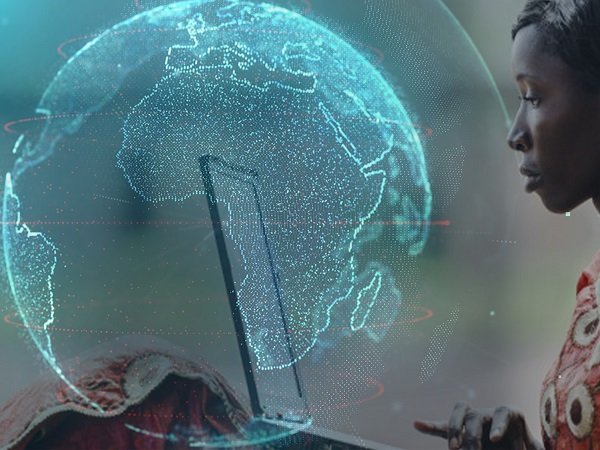
Challenges and the Realities on the Ground
While the ambition is clear, so too are the obstacles. Nigeria’s journey will not be smooth.
Resource and access inequality
Many schools—particularly the public ones in rural Nigeria—still operate with minimal digital infrastructure. The study on AI in Nigerian schools highlights that implementation remains limited, with programmes mostly running in well-resourced private schools. Without addressing this disparity, any AI education revolution could reinforce rather than reduce inequality.
Teacher capacity and mindset
Teachers across Nigeria often grapple with large class sizes, outdated curricula and limited professional development. Transitioning to an AI-enabled, student-centred model demands not only infrastructure but a generational shift in teaching culture. To thrive, educators must become comfortable with ambiguity, facilitate digital tools and harness AI in ethically aware ways—a tall order without sustained investment.
Coordination and scale
Africa has seen many isolated ed-tech pilots. The challenge lies in scaling successes into national programmes. As noted in an analysis of AI job potential across Africa, fragmented efforts and lack of coordination remain major constraints. Source Nigeria will need a coherent national strategy, strong public-private governance and mechanisms to monitor impact, credentialing and outcomes to make its AI education revolution credible.
Ethical, cultural and contextual factors
AI isn’t plug-and-play. The models, content and pedagogy must reflect local culture, languages and relevance. African nations must avoid importing foreign systems that lack context. Nigeria can lead by developing home-grown solutions: AI tutors in indigenous languages, culture-aware data sets and curricula that speak to local challenges and opportunities.
Nigeria’s Path Forward: A Call to Action
So, how should Nigeria move from aspiration to action? The steps ahead may be clear, but execution will demand commitment, coordination and vision.
Step-1: Develop the national AI-for-education blueprint
The government should lead a multi-stakeholder task-force comprising ministry officials, educational institutions, tech firms, ed-tech startups and teacher-unions. This blueprint must outline clear goals: number of students, teacher training targets, infrastructure milestones, regional coverage and timelines. This sets the stage for Nigeria’s ability to lead.
Step-2: Pilot & scale smartly
Begin with demonstration zones where infrastructure, teacher training and AI-enabled content are co-piloted. Use evaluation metrics to refine the approach. Once the model works, scale it to other regions swiftly. Ensure rural and underserved communities are included from day one.
Step-3: Build teacher capability and mindset
Allocate resources to up-skilling teachers in AI literacy, digital pedagogy and ethics. Institutions of teacher education must integrate AI modules. Encourage peer-learning, mentorship programmes and communities of practice where teachers collaborate and innovate.
Step-4: Measure and credential competencies
The shift to skills-based education means students must earn credentials that reflect real capability, not just exam scores. Nigeria should partner with industry associations and accrediting bodies to certify AI skills, digital literacy and lifelong learning achievements. This makes learners globally competitive and opens pathways across borders.
Step-5: Foster partnerships and an innovation ecosystem
Encourage start-ups, innovation hubs and private sector players to adapt AI tools for education. Nigeria already hosts ed-tech firms and tech-hubs. By creating incentives, grants and public-private projects, the country can nurture a locally relevant AI-education market and exportable solutions across Africa.
Step-6: Commit to inclusivity and equity
Ensure the revolution reaches girls, rural learners, people with disabilities and marginalised communities. Provide infrastructure subsidies, device programmes, and offline-first AI tools where connectivity is poor. Embed local languages and culture in content. Equity must be fundamental, not an afterthought.
Why It Matters for Nigeria and Africa
When Nigeria leads this charge, the impact will ripple far beyond its borders.
- Economic competitiveness: Africa is projected to harness up to 230 million AI-powered jobs by 2030—but only if the skills infrastructure is built now. Nigeria can become a regional centre of AI talent, attracting investment, creating jobs and exporting services.
- Education transformation: By shifting from rote learning to thinking skills, Nigeria revitalises its education system. Learners become creators, not just consumers. Teachers become facilitators of innovation. Schools become centres of exploration, not memorisation.
- Societal resilience: In a world of rapid change, citizens must be lifelong learners, adaptable to new tools and roles. Nigeria’s youth, when equipped with AI-age skills, will be less vulnerable to disruption and more capable of shaping the future.
- Pan-African leadership: Nigeria has the population size, the creative energy and the ambition to lead. By doing so, it sets a blueprint for other African nations. The continent’s talent, challenges and potential are interlinked; leadership by one country uplifts many.
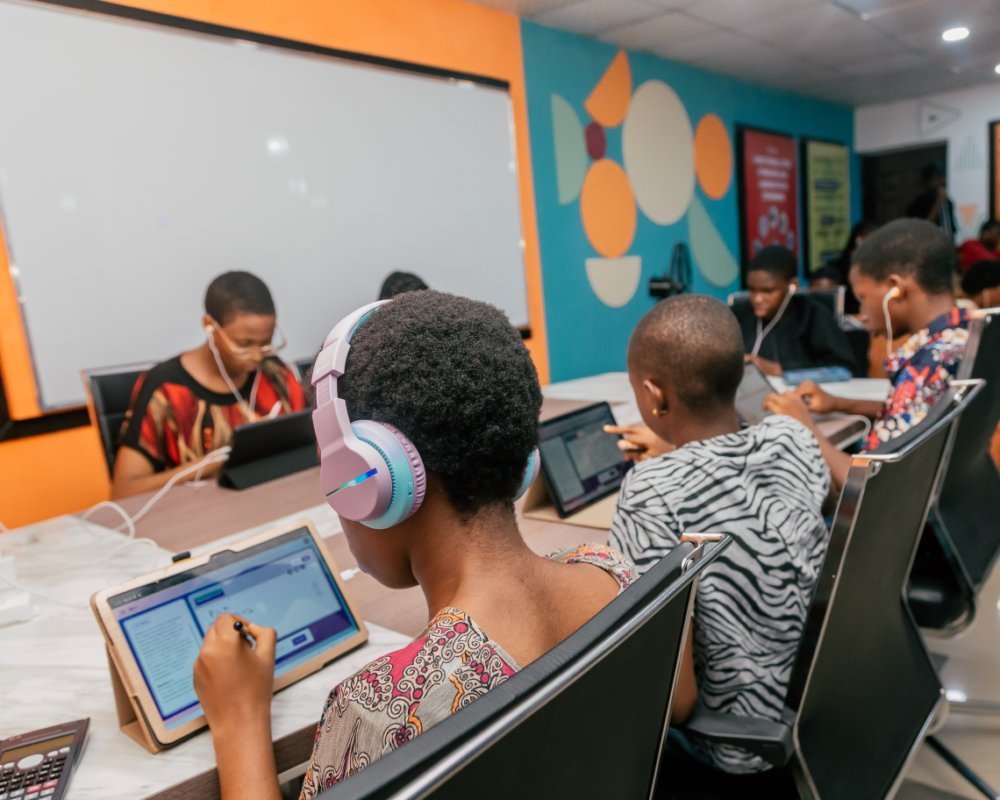
Conclusion
The moment is now for Nigeria. The AI education revolution will not wait. With bold curriculum reform, infrastructure investment, teacher empowerment and inclusive design, Nigeria can take its rightful place as the leader of Africa’s AI education trajectory. The road ahead is challenging, but the prize—an empowered youth, a vibrant digital economy, and a continent equipped for the AI age—is worth every step.
Join Our Social Media Channels:
WhatsApp: NaijaEyes
Facebook: NaijaEyes
Twitter: NaijaEyes
Instagram: NaijaEyes
TikTok: NaijaEyes


